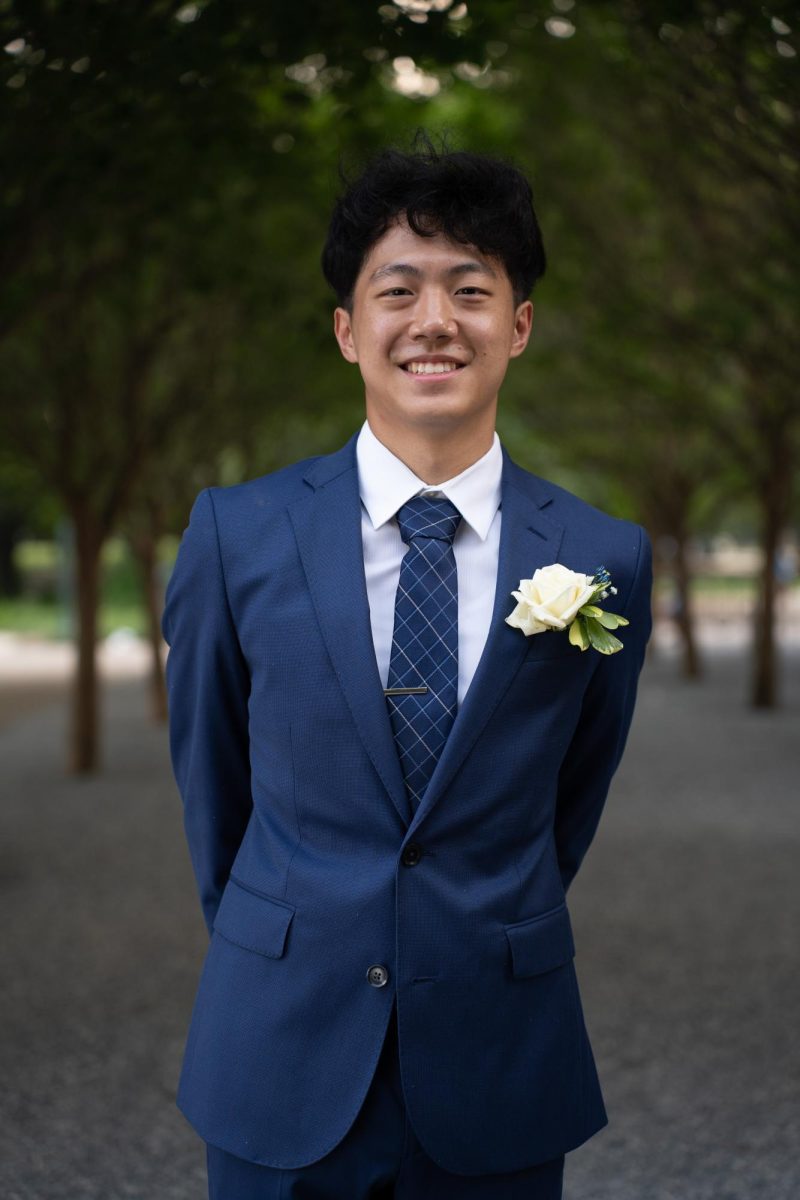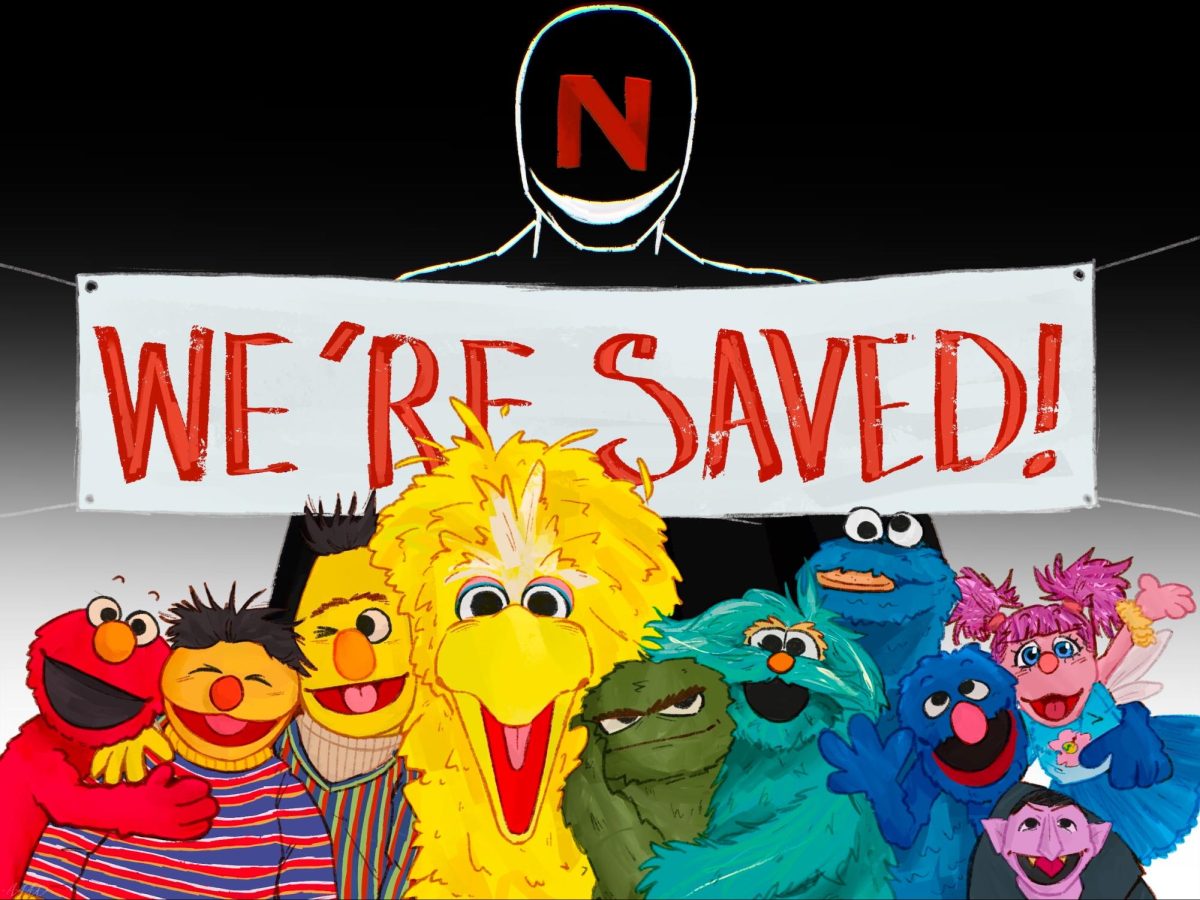Opinion: The Islamophobia problem in Trump’s America

Zaid Ali. senior writer
Oct 18, 2020
When Abdullah Hasan left for America, Shaima Swileh did not know she would be seeing her son conscious for the last time. Diagnosed with a life-threatening brain disease, Abdullah needed to leave Yemen to get treatment elsewhere if he wanted a chance to live.
Because of the civil war in Yemen, Abdullah, Shaima and her husband Ali left for Egypt and planned to eventually get treatment in the United States. While both Ali and Abdullah were American citizens, Shaima was denied a visa over and over again. After waiting for more than a year, Abdullah and his father were forced to leave without her.
Shaima contacted the US Embassy 28 times to request a visa to be with her family. Only after immense public pressure and a lawsuit by the Council on American-Islamic Relations was Shaima allowed to be with him in his final days. He passed nine days after she arrived.
I found about Shaima’s story after researching the experiences of Muslims under President Trumps’ Muslim Ban, which banned residents from several Muslim majority countries, including Iran, Libya, Somalia, Syria and Yemen, from immigrating to the United States.
More than 31,000 people have faced similar situations like Shaima’s after the Muslim Ban was passed. Although the first two iterations of the ban were struck down, a modified version still stands, one that continues to separate families and discriminate against Muslims.
Not only is the ban discriminatory, but it’s also just bad policy. The countries that Trump included in his ban have accounted for zero fatalities in terrorist attacks from 1967 to 2015.
Furthermore, Trump’s narrow definition of terrorism as a Muslim problem ignores the alarming problem of domestic terrorism. Far-right groups like white supremacists accounted for the majority of all terrorist incidents since 1994.
The ban is not meant to bolster security as Trump says, it is just part of the President’s Islamophobic agenda. He has publicly asserted multiple anti-Muslim statements, including that there is a “Muslim Problem” in the United States and that Muslims are “sick people” that “don’t respect us.”
His casual discrimination has inspired others to follow in his footsteps, including radical right-wing politician Laura Loomer who calls herself a “proud Islamophobe” (and was congratulated by the President on Twitter for winning her primary). It is no surprise that a 74% increase in anti-Muslim hate crimes was documented following Trump’s election.
However, I am thankful to Trump and his rhetoric for mobilizing Muslim-Americans to engage in politics and activism. Organizations such as MPower Change, the largest Muslim grassroots movement in the US, were created after he was elected. Thousands of Muslims now work to help marginalized people both in and out of the Muslim community and promote safety and equity for all. His actions even motivated the election of the first two Muslim women to Congress, Ilhan Omar and Rashida Tlaib.
Trump’s rhetoric and actions deeply affected the Houston Muslim Community, fueling my interest in different Muslim political organizations aimed at helping our community. Without Trump, I would not have gotten involved in these groups and worked with hundreds of other Muslims to combat racism and Islamophobia.
However, Muslims should not need to work this hard to demand basic respect from our public officials. Our politicians should treat everyone, regardless of different religion, ethnicity or gender, the same.
And if our elected officials do not treat us equally, Muslims and other minorities affected by Trump have the right to dismiss accusations against “polarization” claims.
We shouldn’t be expected to negotiate our right to be treated equally.
As a Muslim, my dissatisfaction with Trump is more than mere political disagreement. Watching someone with the highest position in our country openly hurt a community I am part of has been terrifying, and I urge that you empathize with the millions of Muslim-Americans and support those who do not make Islamophobia a partisan issue.












Jason Deng • Oct 19, 2020 at 4:47 pm
Hello Zaid, make sure you fact check your article some more because I am pretty sure your assertions and claims that you make about Trump are a bit exaggerated. However, I do agree with how Trump was very mistaken when it comes to the Muslim community. Other than that, I think it was a great article
Anonymous • Oct 19, 2020 at 4:39 pm
hello zaid